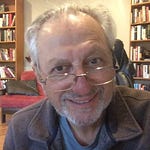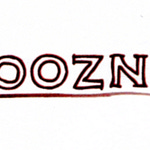Washington is awash in legal and ethical wrongdoing, especially at the nation’s health-related agencies. To pay for tax cuts for corporations and the rich, the Trump regime’s appointees are laying off thousands of workers at the Centers for Disease Control and Prevention, the Food and Drug Administration and the National Institutes of Health.
Aid to treat and prevent global diseases has been abandoned. Plans are afoot to slash funding for the nation’s researchers. Studies that address racial and gender disparities in health are being cancelled.
Most of these actions are being orchestrated by an unlegislated Department of Government Efficiency, which operates in secrecy and announces its actions in late-night emails to those losing their jobs and grants. The only way the public learns about many of these actions is through leaks to reporters from laid-off employees, current employees or grantees. Those who do so while still employed put themselves at great risk.
Last week, I reported on the evisceration of the Office of Human Research Protections, an independent office within HHS. Since its formation in the early 1970s after a whistleblower exposed the Public Health Service’s Tuskeegee siphylus experiment, OHRP’s sole job has been to ensure the nation’s extensive clinical trial network follows basic ethical obligations like obtaining meaningful informed consent, avoiding deliberate harm, and establishing protective protocols.
My reporting led me to reach out to Carl Elliott, a medically-trained professor of philosophy at the University of Minnesota. He’s written five books, the most recent of which covers some of the worst clinical trial disasters in U.S. history. He focuses on what motivates someone to become a whistleblower, and the ethical dilemmas they face after bringing wrongdoing to light. One such case involved his own institution, where he played the role of activist in trying to gain redress for an aggrieved mother whose troubled son died in a trial he should have never been part of.
Given what’s going on in D.C., I thought it was good time to discuss with Elliott what it takes to become a whistleblower. Toward the end of our conversation, he discusses how one can protect oneself both psychology and legally when one enters the lonely world inhabited by the whistleblowing tribe.
If you have thoughts, comment below or drop me a line at GoozNews@gmail.com.













Share this post